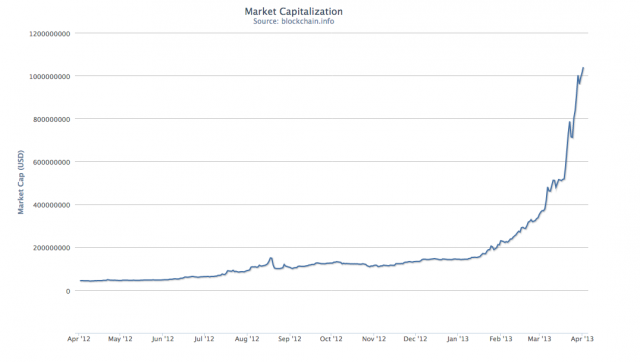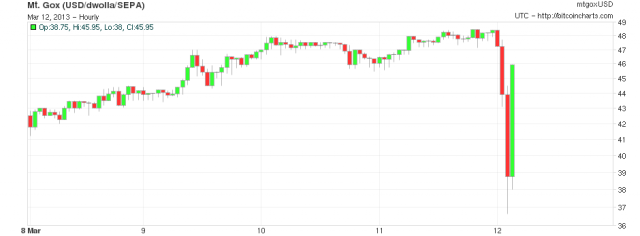In what may be the first move toward a federal shutdown of the wildly popular online currency known as Bitcoin, the Department of Homeland Security today issued an order that has restricted the transfer of funds in and out of Mt. Gox, the Bitcoin exchange that handles some 60 percent of the transactions.
A creation of bank-fearing techies, Bitcoins are now worth more than $1 billion, and consumer interest has been skyrocketing. For more background, read our Bitcoin explainer.
The DHS is focusing on Dwolla, an online payment system sort of like PayPal that has become a popular way for Bitcoin users to transfer money to and from Mt. Gox. A Dwolla spokesman confirmed to BetaBeat that DHS and the US District Court for the District of Maryland have issued a “seizure warrant” for funds associated with the companys Mt. Gox account, which is known as Mutum Sigillum.
MORE: And So It Begins: The Feds Target Bitcoin Transactions | Mother Jones.




